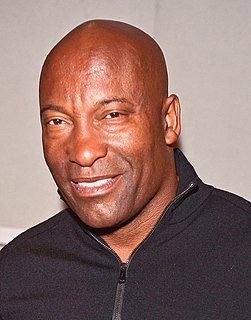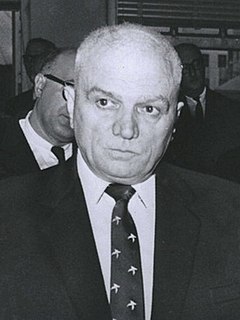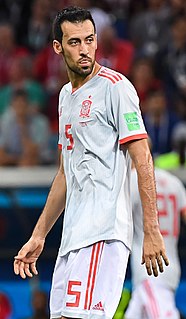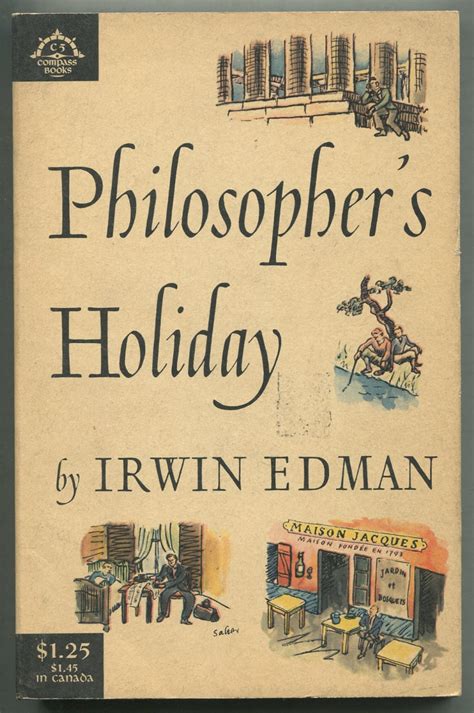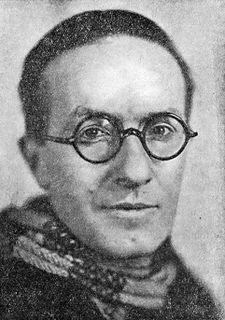A Quote by Esme Cecil Wingfield-Stratford
The mere fact that [Tommy Atkins] saw himself as a hero, and not as the rough he was, enlisted, more probably, through hunger, and disciplined by fear, tended to make him behave like a hero, as he did on the Ridge of Delhi and in the fog at Inkermann.
Related Quotes
When you see the violence of Hollywood movies, there is a tendency that the hero is combating and confronting many people, without much harm to himself. But in my films, the hero takes a lot of hits so the very act of the hero being the one on the receiving end, makes the audience cheer and connect with him.
Cus was my father but he was more than a father. You can have a father and what does it mean?—it doesn't really mean anything. Cus was my backbone . . . . He did everything for my best interest . . . . We'd spend all our time together, talk about things that, later on, would come back to me. Like about character, and courage. Like the hero and the coward: that the hero and the coward both feel the same thing, but the hero uses his fear, projects it onto his opponent, while the coward runs. It's the same thing, fear, but it's what you do with it that matters.
I tell my kids, what is the difference between a hero and a coward? What is the difference between being yellow and being brave? No difference. Only what you do. They both feel the same. They both fear dying and getting hurt. The man who is yellow refuses to face up to what he's got to face. The hero is more disciplined and he fights those feelings off and he does what he has to do. But they both feel the same, the hero and the coward. People who watch you judge you on what you do, not how you fee.
It concerns me when I see a small child watching the hero shoot the villain on television. It is teaching the small child to believe that shooting people is heroic. The hero just did it and it was effective. It was acceptable and the hero was well thought of afterward. If enough of us find inner peace to affect the institution of television, the little child will see the hero transform the villain and bring him to a good life. He'll see the hero do something significant to serve fellow human beings. So little children will get the idea that if you want to be a hero you must help people.
Long ago I yearned to be a hero without knowing, in truth, what a hero was. Now, perhaps, I understand it a little better. A grower of turnips or a shaper of clay, a Commot farmer or a king--every man is a hero if he strives more for others than for himself alone. Once you told me that the seeking counts more than the finding. So, too, must the striving count more than the gain.
For a while he'd tried molding himself into the tragic Romantic hero, brooding and staring clench-jawed off into space as he composed dark verse in his head. But it turned out that trying to appear tragic in Incontinence, Indiana, was redundant, and his mother kept shouting at him and making him forget his rhymes. "Tommy, if you keep grinding your teeth like that, they'll wear away and you'll have to have dentures like Aunt Ester." Tommy only wished his beard was as heavy as Aunt Ester's---then he could stare out over the moors while he stroked it pensively.



